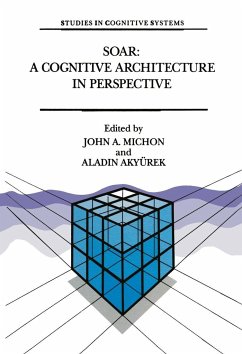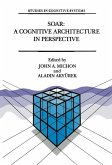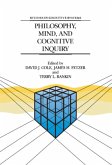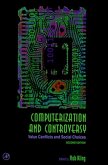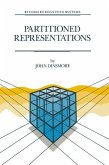Soar: A Cognitive Architecture in Perspective represents a European perspective on Soar with the exception of the special contribution from Allen Newell arguing for Unified Theories of Cognition.
The various papers derive from the work of the Soar Research Group that has been active at the University of Groningen, The Netherlands, since 1987. The work reported here has been inspired in particular by two topics that precipitated the group's interest in Soar in the first place -- road user behavior and the temporal organization of behavior, more specifically planning. At the same time, the various contributions go well beyond the simple use of Soar as a convenient medium for modeling human cognitive activity. In every paper one or more fundamental issues are raised that touch upon the very nature and consistency of Soar as an intelligent architecture. As a result the reader will learn about the operator implementation problem, chunking, multitasking, the need to constrain the depth of the goal stack, and induction, etc.
Soar is still at a relatively early stage of development. It does, nevertheless, constitute an important breakthrough in the area of computer architectures for general intelligence. Soar shows one important direction that future efforts to build intelligent systems should take if they aim for a comprehensive, and psychologically meaningful, theory of cognition. This is argued in a powerful way by Newell in his contribution to this volume. For this reason, the Soar system will probably play an important integrative role within cognitive science in bringing together important subdomains of psychology, computer science, linguistics, and the neurosciences. Although Soar is not the only `architecture for intelligence', it is one of the most advanced and theoretically best motivated architectures presently available.
Soar: A Cognitive Architecture in Perspective is of special interest to researchers in the domains of cognitive science, computer science and artificial intelligence, cognitive psychology, and the philosophy of mind.
The various papers derive from the work of the Soar Research Group that has been active at the University of Groningen, The Netherlands, since 1987. The work reported here has been inspired in particular by two topics that precipitated the group's interest in Soar in the first place -- road user behavior and the temporal organization of behavior, more specifically planning. At the same time, the various contributions go well beyond the simple use of Soar as a convenient medium for modeling human cognitive activity. In every paper one or more fundamental issues are raised that touch upon the very nature and consistency of Soar as an intelligent architecture. As a result the reader will learn about the operator implementation problem, chunking, multitasking, the need to constrain the depth of the goal stack, and induction, etc.
Soar is still at a relatively early stage of development. It does, nevertheless, constitute an important breakthrough in the area of computer architectures for general intelligence. Soar shows one important direction that future efforts to build intelligent systems should take if they aim for a comprehensive, and psychologically meaningful, theory of cognition. This is argued in a powerful way by Newell in his contribution to this volume. For this reason, the Soar system will probably play an important integrative role within cognitive science in bringing together important subdomains of psychology, computer science, linguistics, and the neurosciences. Although Soar is not the only `architecture for intelligence', it is one of the most advanced and theoretically best motivated architectures presently available.
Soar: A Cognitive Architecture in Perspective is of special interest to researchers in the domains of cognitive science, computer science and artificial intelligence, cognitive psychology, and the philosophy of mind.

